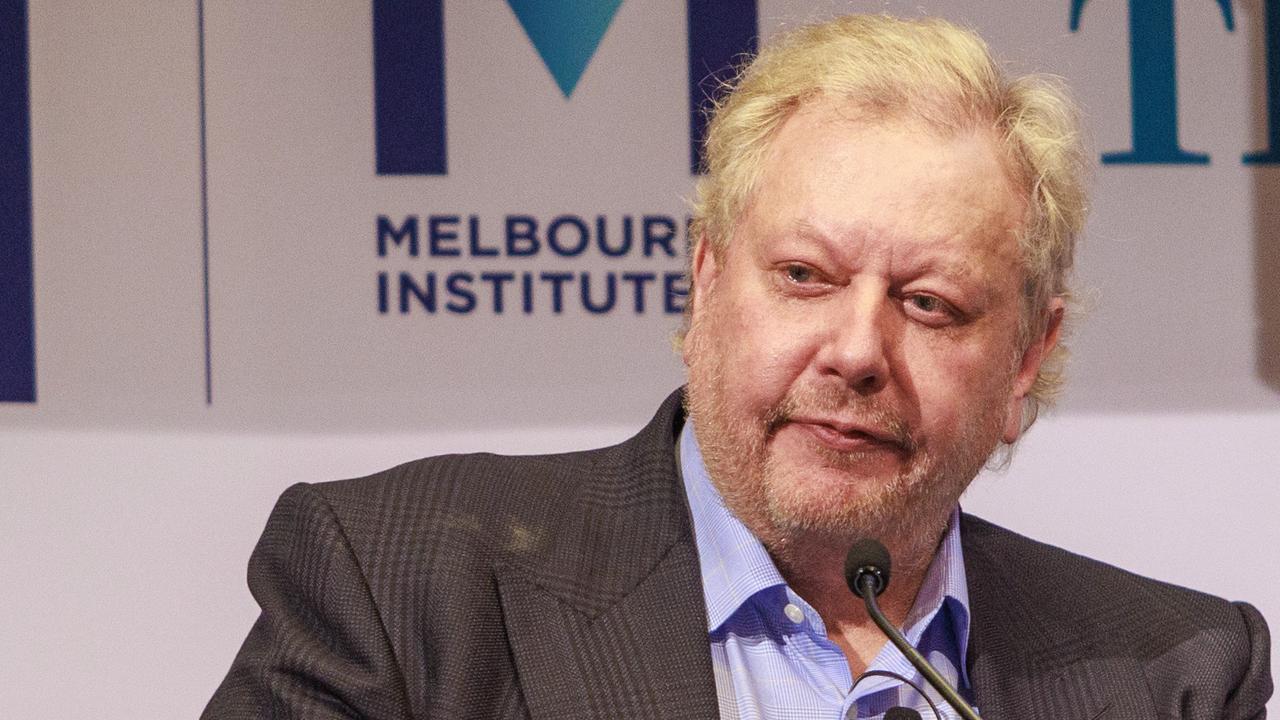AI set to disrupt women more than men in the workplace: LinkedIn
The much-hyped technology is set to disrupt the jobs of more women than men, but LinkedIn says if employers get it right, AI may also help combat gender disparity in the workplace.

Women are expected to bear more of the brunt of artificial intelligence’s rampant spread across the economy, with new research revealing the technology will disrupt their jobs more than men.
Professional networking company LinkedIn has found that men and women continue to be disproportionately represented across different categories, with AI’s rise risking fuelling further gender inequality. But the research also found the technology could help combat workplace gender disparity if employers focus more on capabilities rather than formal qualifications, what is known as a skills-first approach.
The study – completed by Mandala and based on LinkedIn’s Economic Graph, which identifies trends across its 1 billion members – found that 36 per cent of women will have their jobs disrupted by AI, compared with 26 per cent of men.
“Women tend to be over-represented in roles more susceptible to disruption by generative AI, such as medical administrative assistant and legal assistant, whereas men are over-represented in roles potentially augmented by generative AI, such as electrical and mechanical engineer,” the report found.
Overall, the research found that 7.2 million employees – about half Australia’s total workforce – will need to re-skill and adapt to generative AI, with 3.3 million having their roles augmented by the technology while 3.9 million will face disruption. The remaining half of the workforce is expected to be largely unaffected by AI.
“Jobs that require specialised skills, such as healthcare professionals, are typically insulated from generative AI as they rely on complex nuanced human judgements and interactions. Meanwhile, jobs that involve more routine skills, such as cashiers and legal associates, are more susceptible to being augmented and disrupted by generative AI,” the report found.
Generative AI – which gives people with little training the ability to perform a range of tasks from writing reports to drafting legal advice via basic verbal prompts – has been adopted by most of Australia’s biggest companies from the top banks to engineering firms, in the quest to lift flatlining productivity.
Proponents of AI say the technology removes the drudgery from work, given it can complete most menial tasks, and inspire creativity. But it risks compounding gender disparity further.
The Workplace Gender Equality Agency’s latest report released last month revealed some of Australia’s biggest companies, including Qantas, Virgin Australia, Telstra, Woodside, Macquarie Group and Santos, have significant gender pay gaps, some above the national median of 19 per cent.

The Albanese government is attempting to close the gap. Women’s Minister Katy Gallagher has warned big businesses would not be awarded government contracts unless they set and met targets to address gender inequality, including achieving gender pay parity and offering flexible working arrangements.
And LinkedIn Australia and New Zealand country manager, Matt Tindale, said while AI represents a challenge, it also creates an opportunity in this regard.
The report found that 13.6 per cent of women’s skills are ‘soft skills’ – which include communication, teamwork and adaptability – versus 10.5 per cent for men. Mr Tindale said demand for these skills are expected to rise as more companies look to combine “people skills” with AI literacy.
He said recognising people for their capabilities rather than formal qualifications – what is known as a skills-first approach – it could increase the talent pool of women globally by 24 per cent more than men.
“By shifting towards a skills-first approach in hiring, we can dramatically increase female representation in the workforce, particularly in roles where they are currently under-represented,” Mr Tindale said.
“In Australia, this approach could expand talent pools by up to ten times. AI has the potential to play a significant role in facilitating this transition to a skills-based economy by enabling recruiters to identify candidates from a diverse range of talent pools, thereby creating economic opportunity for professionals around the world.
“Some of the world’s biggest companies are already adopting this approach. Late last year, human resources software giant Workday released software to its 10,000 corporate and business customers that puts the attainment of thousands of skills ahead of formal degree qualifications.”
Industry and Science Minister Ed Music said: “Workers will need help to adapt to AI, and we’re already leaning in”.
“Last month, we launched one million free online scholarships targeted at workers and small business owners providing an introduction to AI,” he said.
“We’re also rolling out our AI Adopt program, supporting businesses in key sectors like agriculture, manufacturing and transport integrate AI successfully. And we’re providing 300,000 fee-free TAFE places over the next two years to enable workers to diversify their skills where they are in industries that will face greater disruption.”
The Albanese government expects AI to inject up to $600bn a year into the national economy by the end of the decade. Tech Council acting chief executive Ryan Black said it was “essential that Australia makes the most of the economic opportunity from Generative AI”.
“This (LinkedIn) report demonstrates how important it will be for businesses and governments to equip workers with the skills and training they need to adapt and thrive in an AI-enabled economy,” Mr Black said.



